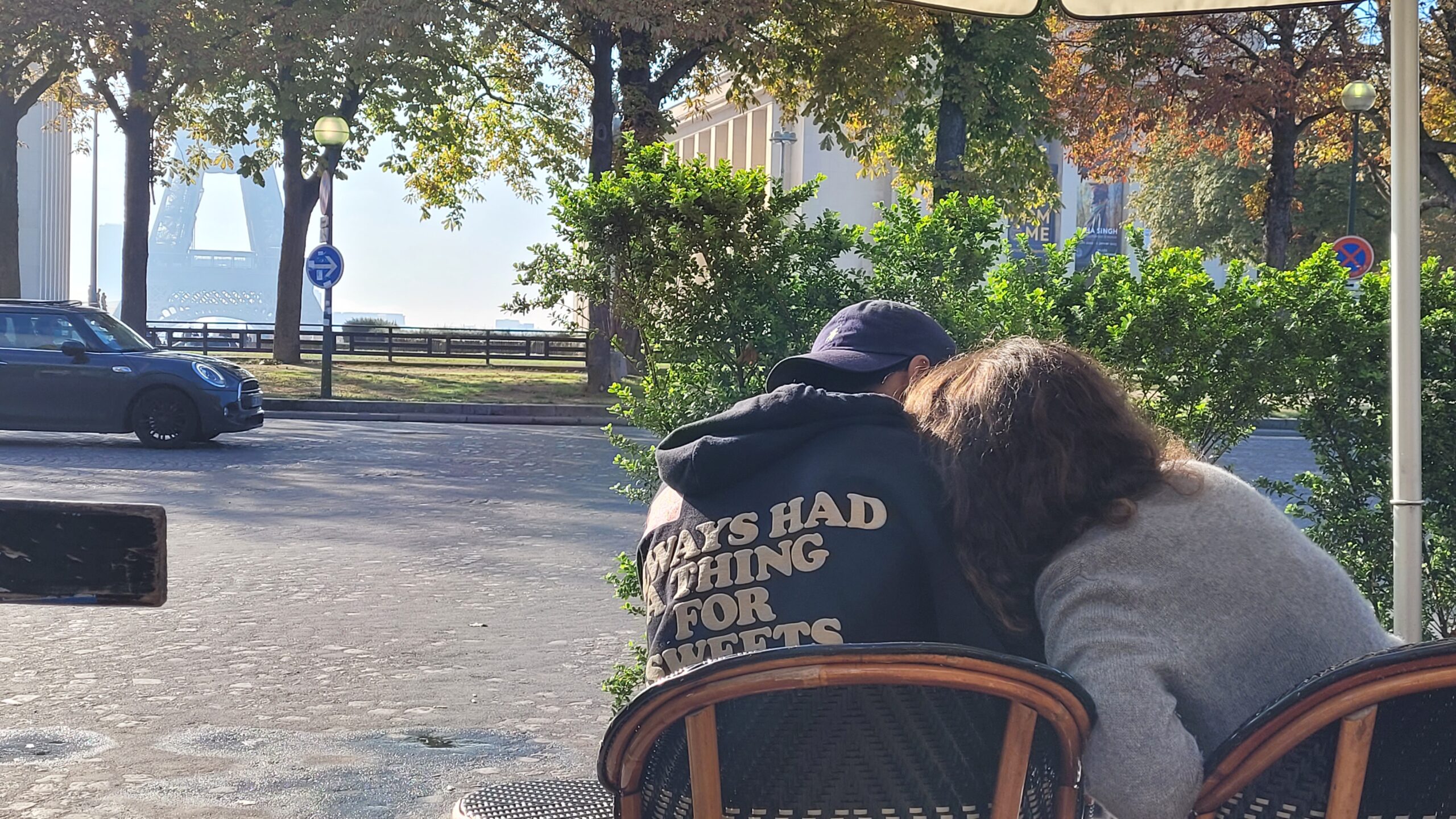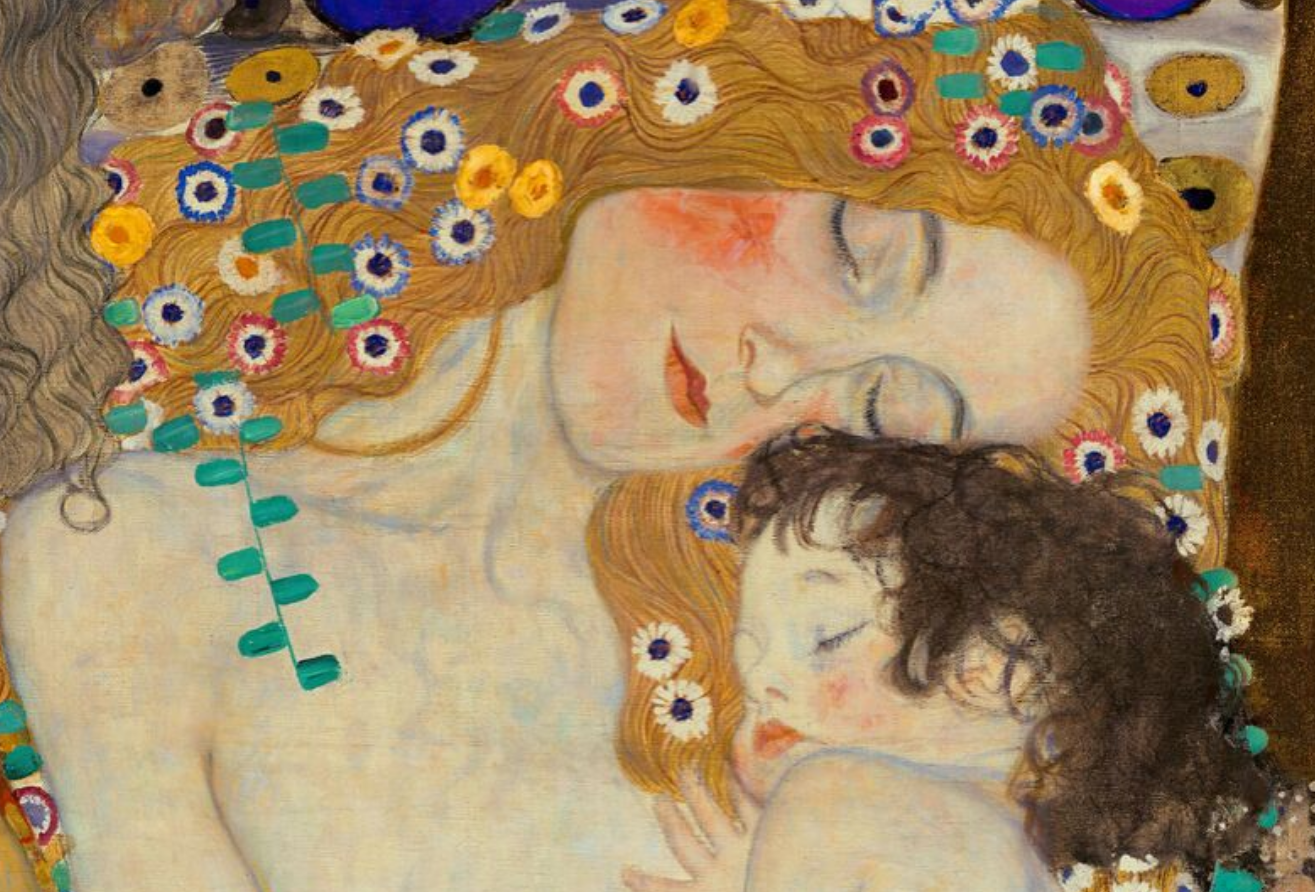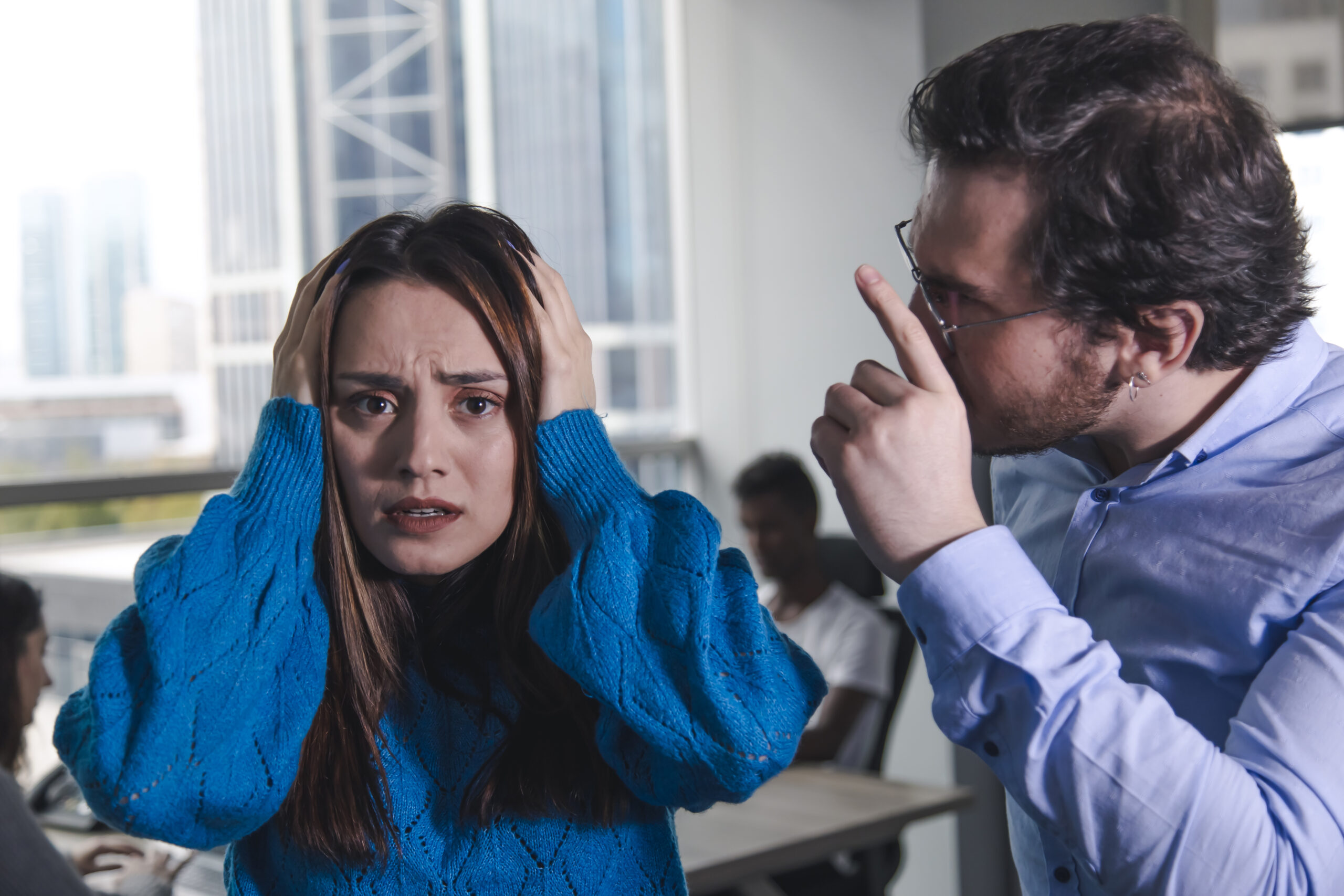“There is no worse tyranny than wanting the good of others” Kant
Parents. They want what’s best for their child. Always.
The same goes for lovers, brothers, sisters, friends… We have each other at heart.
Italians have two different ways of saying I love you: they have romantic love, and kin’s love, which is expressed differently. Ti voglio bene, they say to their kin, which literally translates as “I want good for you”, as in “I want what’s best for you”. I find it such a beautiful way to express and define love – or love as I see it.
In all its different expressions, love can take different forms. And love can also become tyranny.
What if what I believe is best for you, is not what you actually want for yourself?
What if your experience of yourself leads you to believe that this isn’t good for you, or isn’t what’s best for you?
Tension can arise, when what is best for you isn’t what the other believes it is. And people have different ways of dealing with tensions.
Let me give an example: Ted is 23. He wants to leave his job and explore the world while he’s young. His whole life he has seen his parents struggle and feels like life needs to be about more than that. So he wants to leave and explore, before making up his mind on work and adulthood.
But Ted’s parents learned that at 23, you either get graduate studies or you start working. You don’t venture into life empty-handed. You work, and then you enjoy life when you’re old. Otherwise, you might struggle more later on, and find yourself not being able to pay the bills, or without a roof over your head.
Ted’s parents will worry if Ted goes traveling. And here is where things get interesting!
Ted, having been raised by his parents, also learned that love is wanting what’s best for others. And Ted loves his parents. So, wanting what’s best for them, Ted doesn’t want to see them worried. And this time, he actually has control: if he doesn’t leave, his parents won’t worry.
But will Ted get what’s best for him?
This is actually a philosophical question and, honestly, we probably won’t ever know.
But Ted is sacrificing his needs to statisfy’s his parents’ need of seeing him happy and safe. But what if Ted isn’t happy after all? Won’t everybody end up losing?
And if Ted puts on a mask and looks happy but lives with the regret of having built a life too soon? He has learned to silence his inner voice to fit in, but wakes up one day and realizes that whatever he does, This inner voice cannot be silenced.
Will Ted’s parents really have obtained their aim if Ted isn’t happy? And is Ted really safe when he doesn’t know (or never learned) how to satisfy or prioritize his needs?
Let us take it one step further: Billy is a nurse. She knows and studied that drinking and smoking will harm you. Even more so, drugs and addictions can kill: she has seen her share of cases. Billy’s girlfriend Lilly is an addict. She has pain inside that never was heard and she learned to silence it with drugs. They help her get by. Because behind her addiction, Lilly is and has always been afraid of life. She has had her share of harm when she was sexually abused, has been depressed ever since, and secretly wishes to die. She knows that using might be dangerous, but she relies on drugs to feel some joy. Otherwise there would be only pain. . Billy understands Lilly, but knows that Lilly has another way: she can treat this addiction, she can treat this depression: she can live differently: she doesn’t have to die. Lilly knows that Billy will suffer if she dies, but she is willing to take that guilt. She also wants what is best for Billy and she has seen this relationship hurting her so many times. Lilly doesn’t believe that she is best for Billy. Billy is actually her biggest guilt. But Billy won’t leave her: she wants to help her. And they are stuck there, both wanting what’s best for the other, not understanding that they are both hurting each other in the process.
I’ll let you ponder on that.
Should we then stop wanting what’s best for the other? No, my point is that love is wanting what’s best for the other, but also accepting not to get it sometimes. My control stops where your freedom starts…. Otherwise, it’s the other way around.
Acknowledging that and accepting it has tremendous value.
When you stop wanting to change the other person’s reality, you actually become able to sit with their pain when they most need you to. Most of the times, when someone we care about is hurting, we tend to immediately want to fix it, or do something about it. Doing that, we often end up blocking their emotional expression instead. Keep in mind that care can be solution-oriented, but it can also be emotion-oriented: sometimes, being there is more than enough.
Sometimes, the bravest thing you can do to demonstrate love is to accept that you are helpless in many ways.
Paradoxically, this gives you back the power to focus on what you can actually do – and just being there is one of them.
And it is often the most challenging…





